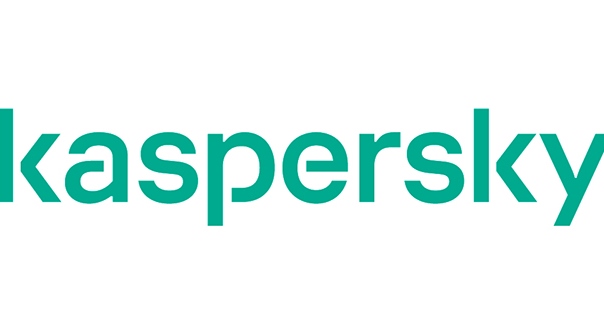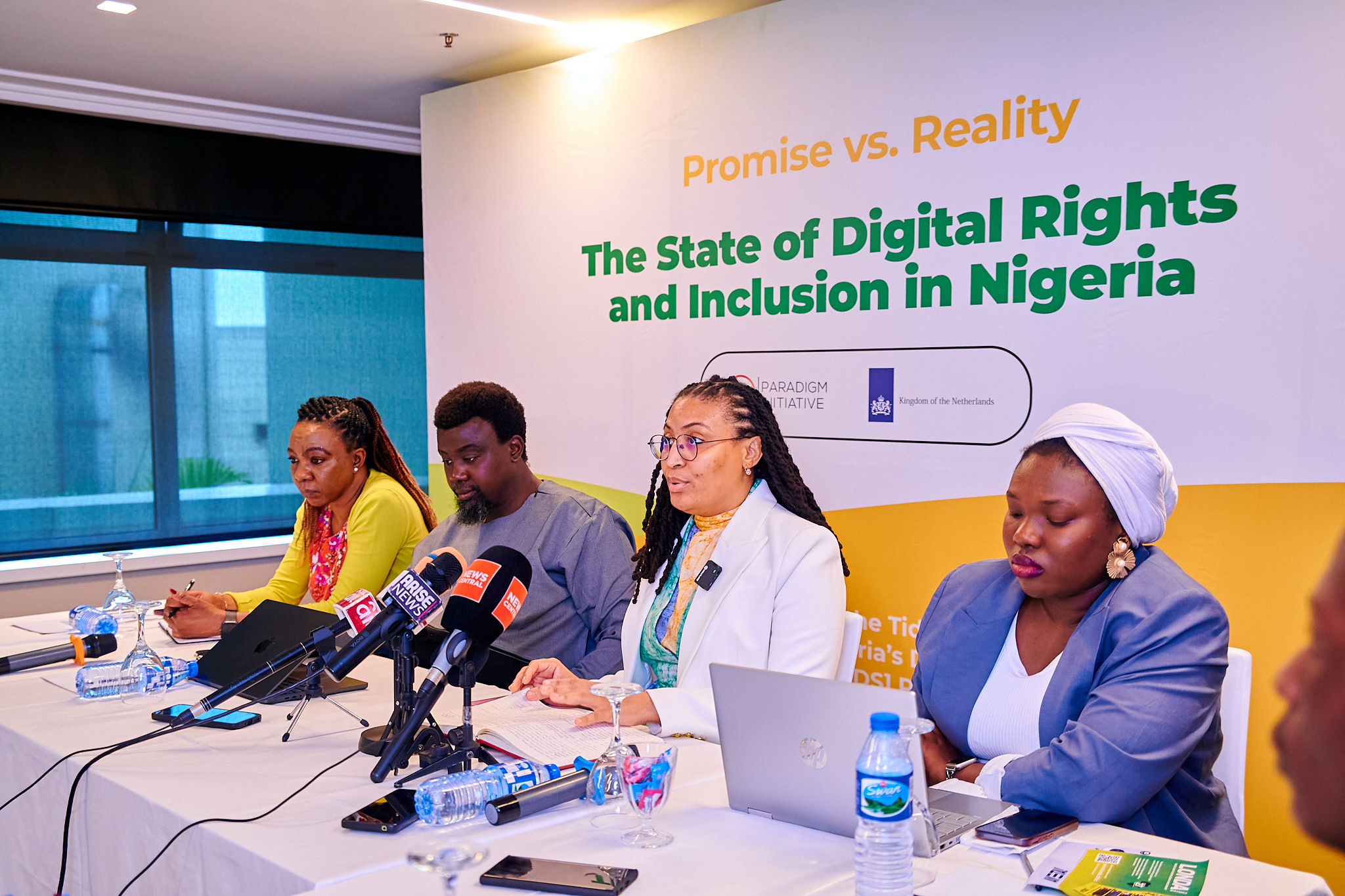E-Business
Kaspersky Says 5.8m Attacks Detected in Malware Disguised as PC Games
The data comes from the latest game-related cyberthreats report by Kaspersky, in which researchers assessed the changes of gaming-related threats during the pandemic.

Over 5.8 million attacks by malware and unwanted software disguised as popular PC games were detected and prevented by Kaspersky and its cybersecurity solutions globally from Q3 2020 to Q2 2021.

This increased volume may be connected to the rapid growth of gaming activities during the pandemic.
The data comes from the latest game-related cyberthreats report by Kaspersky, in which researchers assessed the changes of gaming-related threats during the pandemic.
The gaming industry witnessed unprecedented growth over the past 18-months, in part, thanks to users being forced to find alternative means of entertainment as they stayed at home. Even though the world has become safer this year, the demand for games persists, and the industry is predicted to grow even further, reaching a potential peak of $175.8 billion by the end of 2021.
With this in mind, Kaspersky researchers carried out a review of various game-related threats that its users faced throughout the pandemic – from potential attacks on PC and mobile to phishing schemes.
To get a clear picture of the trends, Kaspersky analysed the attacks with malware and unwanted software disguised as the 24 most popular PC games and the top 10 mobile titles of 2021.
The results showed that PC game-related cyberthreats soared with the introduction of lockdowns in Q2 2020, hitting 2.48 million detections worldwide – a 66% increase compared to Q1 2020 when 1.48 million attacks were detected.
Interestingly, the number of attacks and affected users declined sharply in Q2 2021 – to just 636,904 attacks.
Mobile games showed a slightly different trend, with the number of users affected growing by 185% at the beginning of the pandemic, from 1138 users in February 2020 to 3253 users in March 2020.
Furthermore, the number of users striving to unwind on mobile phones did not drop significantly after the two waves of the pandemic, showing on average just a 10% drop in users attacked per month in Q2 2020 versus Q2 2021.
This showed that mobile threats remained attractive to cybercriminals even as lockdowns were being lifted across the world.
Speaking of popular games, Minecraft topped the charts for both PC and mobile categories as the game most often used to disguise the distribution of unwanted software and malware.
Such overwhelming popularity of Minecraft may be explained by the fact that there are multiple versions and a myriad of mods – additional modifications that can be installed on top of the game to diversify it and the gaming experience.
Usually, the mods are created by users and are unofficial, providing a convenient disguise for malicious payloads or unwanted software.
From July 2020 to June 2021, 36,336 files disguised as Minecraft were distributed.
These affected 184,887 PC users and resulted in 3,010,891 attempted infections, which is nearly half of the detected files and attacks during this period.
E-Business
Paradigm Initiative Flags Rampant Data Leaks, Seeks Stronger Digital Rights Protection in Nigeria

Paradigm Initiative has released a report highlighting the state of digital rights and inclusion in Nigeria, raising serious concerns about the citizens’ data online.

In a media briefing held in Abuja, Nigeria, the organisation called for seriousness from the government in handling the matter, saying there has been a consistent data leak online for three years now, where data is available for sale cheaply.
In his address, ‘Gbenga Sesan, the organisation’s executive director, said: “The data security problem is serious. Data belonging to the President, Vice President, National Security Adviser, top military officials, ministers and other senior government officials are also available online to anyone who knows their full name and date of birth.”
He pointed out that as much as the country has made advancements in tech, digital rights such privacy, online protection, freedom of expression and access to information, are increasingly under threat in Nigeria, with the threats manifesting as arbitrary internet disruptions, weak enforcement of data protection, surveillance, and inconsistent digital policies, which continue to weaken citizens’ trust and hinder the country’s digital growth and potential.
‘Gbenga expressed gratitude to the Embassy of the Kingdom of the Netherlands in Nigeria, Ford Foundation, Luminate, Wellspring Philanthropic Fund, Mott Foundation, Open Society Foundations (OSF), International Development Research Centre (IDRC), Internet Society Foundation, for supporting the organisation’s cause at a time when non-profit organisations were facing challenges.
He highlighted Stemming the Tide of Abuse in Nigeria’s Digital Space (STANDS) Project as having been instrumental in delivering immense transformative change, positively influencing Nigeria’s digital rights landscape. The project has combined litigation, advocacy, evidence-building, and capacity strengthening to protect citizens, influence policy, and build durable systems.
One of the major outputs of the STANDS project is the Ikot Ekpene Declaration, a commitment document that provides guidance for judicial officers on integrating digital rights into their rulings and judicial practice. PIN has also trained law enforcement officers on digital security.
On her part Nnenna Paul-Ugochukwu, the organisation’s Chief Operating Officer, highlighted the organisation’s impact, and how it has transformed the lives of young Africans on the continent, developed reports, digital toolkits and produced award-winning short films. PIN, she added, also provides scholarships for students from Ajegunle, where the organisation started its operations from in Lagos, Nigeria.
Khadijah El-Usman, the Senior Officer Programmes, Anglophone West Africa shared highlights of the 2024 Nigeria Londa Report which evaluates the state of digital rights and inclusion while benchmarking them against the African Commission on Human and People’s Rights (ACHPR) Declaration of Principles on Freedom of Expression and Access to Information.
The Score Index measures the country’s performance against major human rights issues including Internet access and affordability, freedom of expression and protection against arbitrary arrests, data protection and privacy, content moderation, transparency and access to information, artificial intelligence and emerging technologies and inclusion of vulnerable groups including children and persons with disabilities.
“For Nigeria in 2024, this assessment is not just a research exercise. It directly reflects how over 200 million citizens experience their right to connect, speak, to be protected online and to participate in the digital economy,” Khadijah added.
Nigeria’s total score for 2024 was 36 out of 60, placing it at a moderately compliant level, reflecting both progress and setbacks.
Paradigm Initiative further stated that a considerable number of Nigerians are still battling internet affordability, connectivity, and skills barriers that limit meaningful online participation. As much as there have been advancements, much more needs to be done as the most affected are individuals in rural areas, women, and persons with disabilities, who often face issues related to affordability, access, and digital literacy.
E-Business
FG Plans to Make 95 Percent of Nigerians Digitally Literate by 2030

Federal government has announced its plans to achieve 95 per cent digital literacy among Nigerians by 2030, with a specific target of training and empowering at least 30 million citizens by 2027.

The announcement was made on Thursday at the grand finale of the Digital for All Challenge 2.0, an initiative of Tech4Dev funded by the UK Government’s Digital Access Programme and implemented in partnership with the National Information Technology Development Agency (NITDA).
Kashifu Abdullahi, director-general, NITDA, represented by Aristotle Onumo, director of Stakeholder Management at the agency, said that over 30 million Nigerians, particularly in rural areas, are being targeted for training, with digital champions deployed nationwide to facilitate the programme.
“We are integrating digital literacy into school curricula nationwide, from primary to university level, and partnering with the Head of Civil Service to make digital skills a requirement for civil service progression,” Onumo said.
He added that NITDA aims to achieve 70 percent digital literacy by 2027 as a foundation for reaching 95 percent by 2030.
Onumo called on stakeholders to work together, stressing that digital literacy is for everyone — the young, the old, the employed, job seekers, traders, civil servants, and others.
In her welcome remarks, Mrs. Oladiwura Oladepo, Co-Founder of Tech4Dev, described the initiative as a national movement to deepen digital knowledge and inclusion across all levels of society.
She noted that the programme has already impacted over one million Nigerians drawn from all six geopolitical zones.
Oladepo said the Digital for All Challenge 2.0 is not just a competition but a movement to unlock opportunities and close the digital divide for individuals, families, and the nation.
Representing the British High Commission, Mr. Idongesit Udo, Digital Access Programme Adviser, praised the initiative for creating opportunities for young Nigerians to compete globally, enabling civil servants to deliver better services, and helping children begin their digital journey early.
He highlighted the UK’s broader partnership with Nigeria, which includes initiatives in cybersecurity (Africa Cyber Programme), standardization (British Standards Institute), and entrepreneurship (UK-Nigeria Tech Hub), all aimed at fostering a thriving digital economy.
At the event, participants from all six geopolitical zones competed in various categories.
The first prize winner, Miracle Michael, received N15 million. The second prize went to Chinedu Arisa, who received N12.5 million, while Ismail Adam and Uluchi Chibueze received N10 million and N7.5 million respectively.
Nkeiruka Onyejeocha, minister of State for Labour and Employment, who presented the awards, commended the initiative for equipping Nigerian youth with future-ready skills.
She emphasised that digital literacy is vital not only for job creation but also for national development, and encouraged more young people to take part in programmes of this nature.
E-Business
NDPC Raises Alarm on Chrome Vulnerabilities, Urges Nigerians to Secure Devices

Nigeria Data Protection Commission (NDPC) has issued an urgent security advisory, warning Nigerians of critical vulnerabilities in Google Chrome that could expose users to severe cyber threats.

The alert, posted on the Commission’s official X handle, underscores the risks of these flaws and calls for immediate action to safeguard personal devices and data.
According to the NDPC, the vulnerabilities could allow attackers to execute arbitrary code on a user’s system, potentially granting unauthorised access to computers.
This could enable cybercriminals to install malicious programs, view, alter, or delete sensitive data, and even create new user accounts with full administrative rights.
Such breaches could disrupt device functionality, compromise personal information, and lead to significant loss of control over affected systems.
“Multiple vulnerabilities have been discovered in Google Chrome. The most severe of these could allow an attacker to take over a user’s system,” the NDPC stated, emphasising the urgency of addressing the issue.
To mitigate these risks, the Commission has advised Chrome users to apply the latest browser updates immediately.
It also recommends operating devices with standard user rights instead of administrative privileges to limit potential damage. Additionally, the NDPC urged Nigerians to exercise caution by avoiding suspicious links, unsolicited attachments, and untrusted websites.
The advisory comes as part of Nigeria’s broader efforts to strengthen data protection.

 E-Financial2 days ago
E-Financial2 days agoFCMB Partners Truecaller to Reinforce Customer Communication, Trust

 News2 days ago
News2 days agoAfDB Approves Equity Investment in The Currency Exchange Fund to Support Access to Local Currency Financing Across Africa

 E-Financial2 days ago
E-Financial2 days agoDon’t Spray, Mutilate Naira – CBN

 Broadcasting2 days ago
Broadcasting2 days agoGlo-sponsored African Voices Features Star Author, Chimamanda Adichie

 General News2 days ago
General News2 days agoWhy Elon Musk Halted Sales of Starlink in Lagos, Abuja

 News2 days ago
News2 days agoShoprite Struggles to Stay Afloat as Stores Shut across Nigeria

 Telecom2 days ago
Telecom2 days agoGoogle Expands Digital Infrastructure with Four New Subsea Cable Hubs and $9m AI Fund for Africa

 E-Business2 days ago
E-Business2 days agoFG Plans to Make 95 Percent of Nigerians Digitally Literate by 2030

















